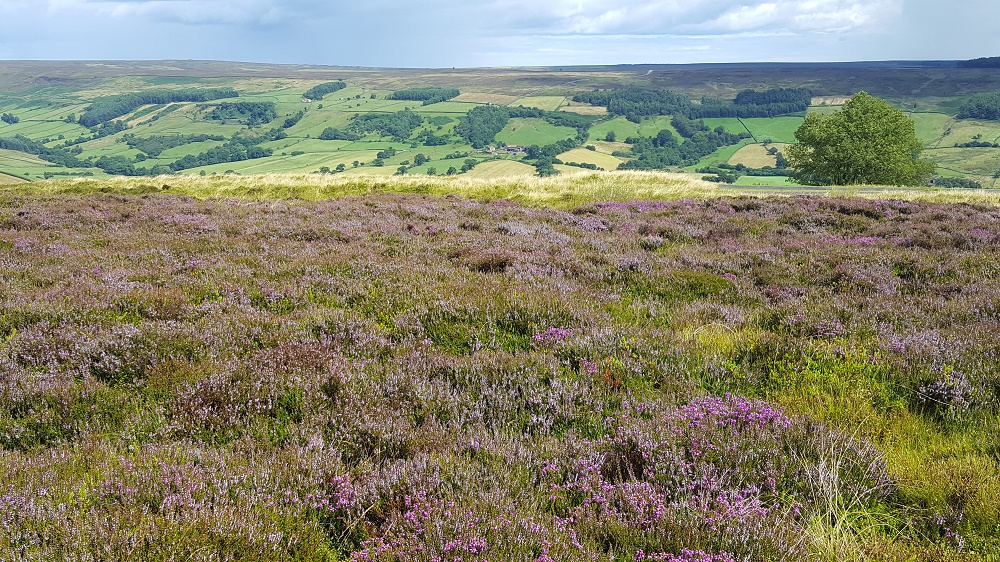
BASC has called for raptor persecution to stop, full stop, following the publication of a paper which presents a pattern of hen harrier persecution over grouse moors.
The paper, published today by Nature Research in their journal Nature Communications, relates to satellite-tagged hen harrier disappearance between 2007 and 2017.
Caroline Bedell, BASC’s executive director of conservation, said raptor persecution risked “terminal damage” to shooting.
“As an association, we condemn all wildlife crime and we can be no clearer than to say the few criminals among us risk wrecking shooting for the majority,” she said.
“Shooting famously claims to be self-regulating. We have to make this a reality for raptor persecution or those who are no friends to shooting will step in and do it for us. We urge anyone with information about raptor persecution to contact the police.
“We are grateful that this research has been carried out. Satellite tags are a tool in the fight against raptor persecution. We have to make sure there is no place left for criminals to hide.”
BASC are members of the Partnership for Action Against Wildlife Crime (PAW) and the association works with the police to tackle raptor persecution. Any BASC member convicted of killing a raptor will be expelled from the association.
BASC chairman Peter Glenser QC said: “We’ve said it before and we will say it again, this needs to stop. Full stop. We must all take personal responsibility for ensuring the criminal minority do not ruin it for the lawful, ethical majority.
“I want my grandchildren to be able to enjoy sustainable shooting but if this does not end, then the shooting available to them in the future will be unrecognisable from what we have now.
“So much good work is done by people involved in shooting and it truly is a tragedy that all that is at risk due to the actions of a criminal minority.”
“Nobody dare say the battle is won; much still needs to be done to allow the hen harrier population to recover in England’s uplands,” she added.
“But the news of the most successful breeding season for more than a decade was seen as a very positive step in the right direction.”
